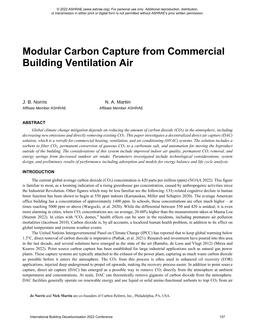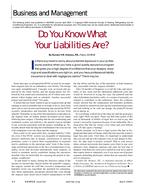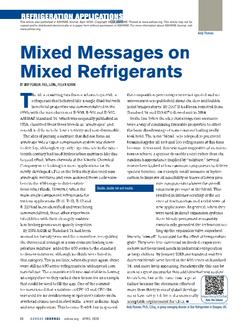Available energy (exergy) is based on the second law of thermodynamics and goes back to Maxwell and Gibbs.
It is the exergy content of a substance, not its energy content, that truly represents the potential of the substance to cause change. Exergy is the only rational basis for evaluating (1) fuels and resources, (2) process, device, and system efficiencies, (3) dissipations and their costs, and (4) the cost of system outputs.
This paper presents a brief overview and description of the methodology of second law analysis. Results from a case study are given, which illustrate the efficiency analysis of a total energy power plant in Jersey City. These results, along with the methods for calculating them appear in greater” detail in Gaggioli (1979), Gaggioli et al. (1985), and Wang et al. (1985).
Energy analyses are important for” the modeling and design of energy systems, but they are misleading when used to investigate matters of efficiency. While exposing many misconceptions resulting from energy analyses, the results of exergy efficiency analyses pinpoint the opportunities for improving energy systems. This potential for conservation lies not in the usual, negative concept of austerity (belt-tightening) but in a positive approach: the reduction of very large dissipations in the processes that convert the resource to the desired form of “energy.” In turn, the analyses show how econornic-analysis decisions regarding “energy” systems can be greatly facilitated while avoiding the misappropriations (often gross) that result from energy analyses.
The efficiency analysis evaluates the inefficiencies in and the effluent losses from the various components making up the system during (1) the winter (heating season) and (2) the summer (cooling season).
Units: I-P
Citation: Symposium, ASHRAE Transactions, 1988, vol. 94, pt. 1, Dallas, TX
Product Details
- Published:
- 1988
- Number of Pages:
- 35
- File Size:
- 1 file , 2.4 MB
- Product Code(s):
- D-DA-88-21-4


